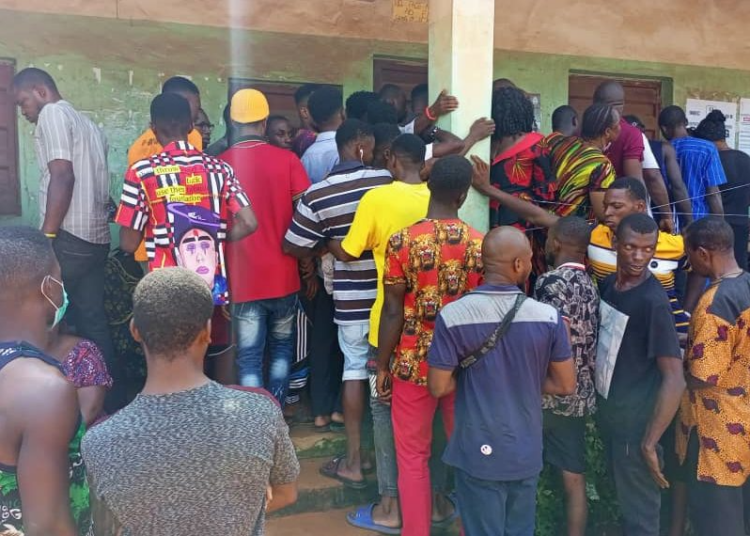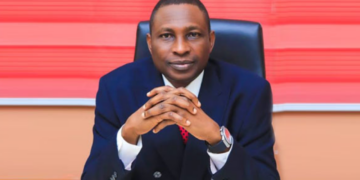By November 11, governorship elections will be held in Kogi, Bayelsa and Imo States. These are off-season elections.
While the Kogi election will be transitional because the tenure of the incumbent governor would have expired, the incumbents in Bayelsa and Imo would be seeking a second term in office.
However, since campaigns for these elections began on June 14 this year, the quality of campaigns have been anything but inspiring.
Reports of activities of key political actors and parties in these states have been more about violence, crude power plays, and desperate maneuverings. There has been little or no talk about the real issues affecting the people.
Not even the prevailing hard conditions in the country could sober up these political actors. Even worse, the governance deficit in most states isn’t improving. It seems to be getting complicated.
There is no independent index showing a significant rise in the quality of life of residents of these states. From the health to education sectors, all seems bland. The poverty index have not improved, if at all, and the tension arising from the security crisis in these states has remained high, leading to capital flight.
What’s worse, Imo and Bayelsa States are ranked among the 10 most indebted states in the country at over N200 billion and over N151 billion respectively. Sadly, the quality of engagement among political actors in these states do not reflect this worrisome reality.
They are obviously more preoccupied with power grab at all cost than engaging in a contest of ideas which is a critical framework upon which the concept of democracy lies.
As a newspaper, we are worried that campaigns seem not to matter much anymore to the politicians and their parties who have come to rely more on vote buying and other sundry illicit acts. It would seem like they have become averse to a contest of ideas. But campaigns are important for all the right reasons in a democracy.
Political campaigns are an intrinsic part of the democratic process, providing a platform for public participation and fostering transparency, two cornerstones of any vibrant democracy.
Besides, campaigns amplify political awareness by stimulating public discussions and promoting critical thinking.
They also facilitate policy discussions, encouraging citizen input and setting the political agenda.
They highlight the roles of different political parties, allowing for the evaluation of party leadership and performance.
Campaigns test candidate credibility by enabling assessment of political track records and scrutiny of personal values.
They encourage civic engagement, stimulating voter turnout and empowering informed voting.
Soapbox activities are also meant to educate future generations, inspiring young people to consider a career in public service.
However, in recent years this crucial process in the electoral cycle has been hijacked by brutes who have become so daring that even systems meant to check them now submit to their dictates.
Political parties seem to have lost the ability to hold themselves to higher ideals. With most party leadership at the beck and call of a few influential groups or individuals within the party structure, it leaves a lot to the imagination on how they can hold their members accountable.
One thing is clear, the system needs to change or else, people will continue to lose faith in the political system as we know it.
Regardless, we believe that in a plural society like Nigeria, democracy remains the preferable system of government which ought to ensure that the majority, if not all segments of the society, are represented.
Democracy definitely cannot be perfect but, in a society like ours, and when done right, it provides citizens an opportunity to invest in the kind of leadership they want which translates to a confidence in the system.
Conversely, lack of quality campaigns, especially on account of violence, leads to an erosion of people’s confidence in the system which does no good in the medium to long term.
For what it is worth, we urge the key stakeholders in the electoral process to live up to the ideals of the process. The Independent National Electoral Commission (INEC) cannot afford to be silent at these times. As much as it’s persuasions barely appeal to desperate politicians as we have seen over election cycles, we urge that the commission continue to uphold the parties to higher standards.
Security agencies need to be alive to their responsibilities in ensuring that there can be peaceful campaigns.
Of course, the constitution is replete with laws concerning the campaign in the polity. The task has always been implementation without bias.





